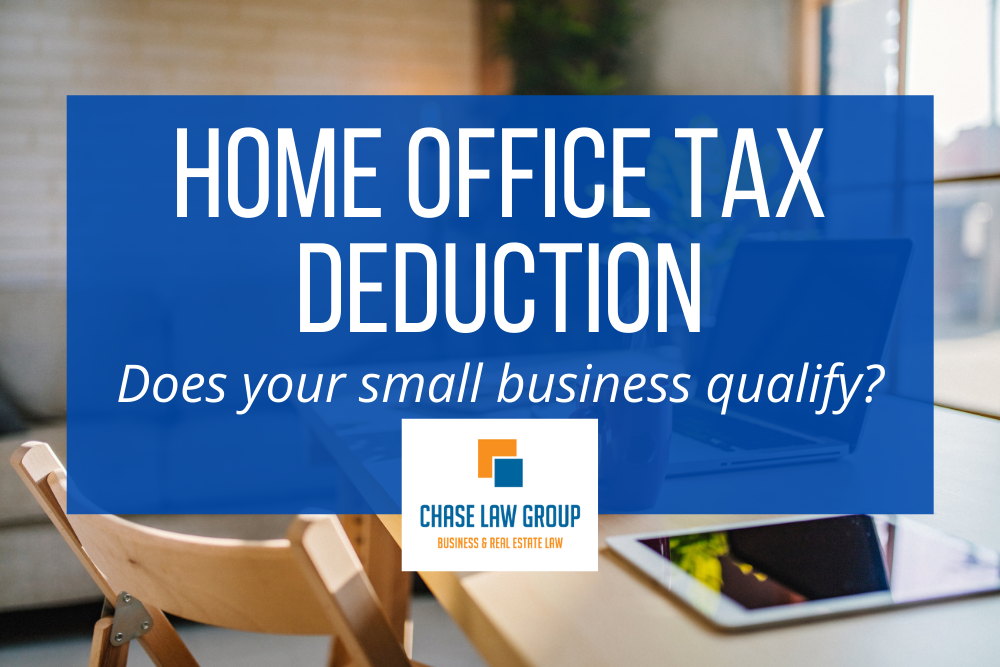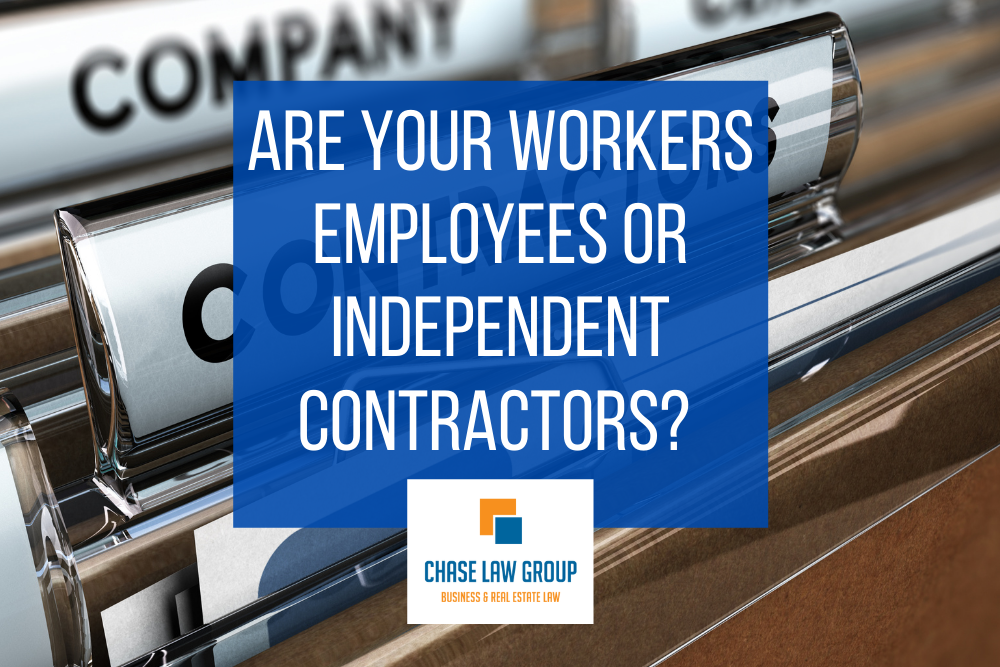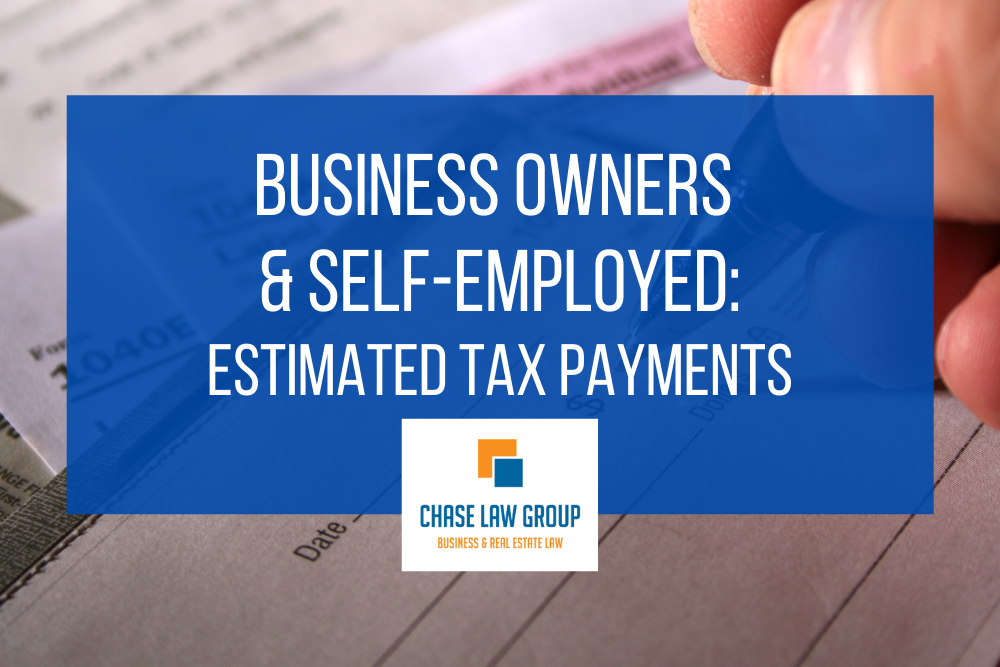
Legal Considerations for Distinguishing Between a Hobby and a Business Understanding whether your side hustle qualifies as a hobby or a business goes beyond just tax implications; it involves significant legal considerations. This distinction affects how you operate, your financial obligations, and potential liabilities. Differentiating Between Hobby and Business The primary distinction between a hobby and a business lies in their objectives. A business is conducted with the intention of making a profit, while a hobby is pursued for personal enjoyment without the intent to generate income as a primary objective. This differentiation is vital because it affects the side... READ MORE

Certain home expenses may be deducted on your tax return if you’re running a business from home. While these deductions may not be applicable to everyone who has been working from home during the pandemic (such as employees), there are a few areas to bring up with your CPA or tax advisor when filing your 2021 taxes. First, the home office tax deduction is available to both homeowners and renters, and certain expenses such as mortgage interest, insurance, utilities, repairs, maintenance, depreciation and rent may be deducted. However, there are certain specific requirements that taxpayers must meet to claim home... READ MORE
Are your workers employees or independent contractors?
By Admin October 12, 2021 Category: Business Law

Based on the current laws in place, it’s critical that employers are properly classifying individuals providing services as either employees or independent contractors. Generally speaking, if the business has the right to control the details of how the worker’s services are performed or when and how they will be done, that individual is considered an employee. Whereas, an independent contractor is typically an individual in an independent business, profession or trade who offers their services to the public. The relationship between the worker and the business can be established by looking at the following categories: Does the company control or... READ MORE
Estimated Tax Payments Can Help Business Owners & Self-Employed Avoid Unexpected Tax Bills
By Admin September 14, 2021 Category: Business Law

As a small business owner, self-employed person or wage earner who may earn income not subject to tax withholding (i.e., your employer withholds tax from your paycheck), you may want to look into making quarterly estimated tax payments to help avoid unexpected tax bills or a penalty. Typically, if one expects to owe $1,000 or more when filing their 2021 tax return, they need to make estimated tax payments. In addition to business owners and self-employed persons, sole proprietors, partners and S corporation shareholders are also expected to make tax payments. Corporations generally must make these payments if they expect... READ MORE

